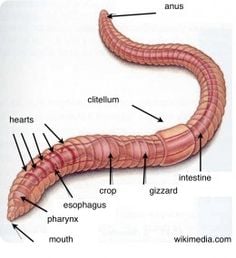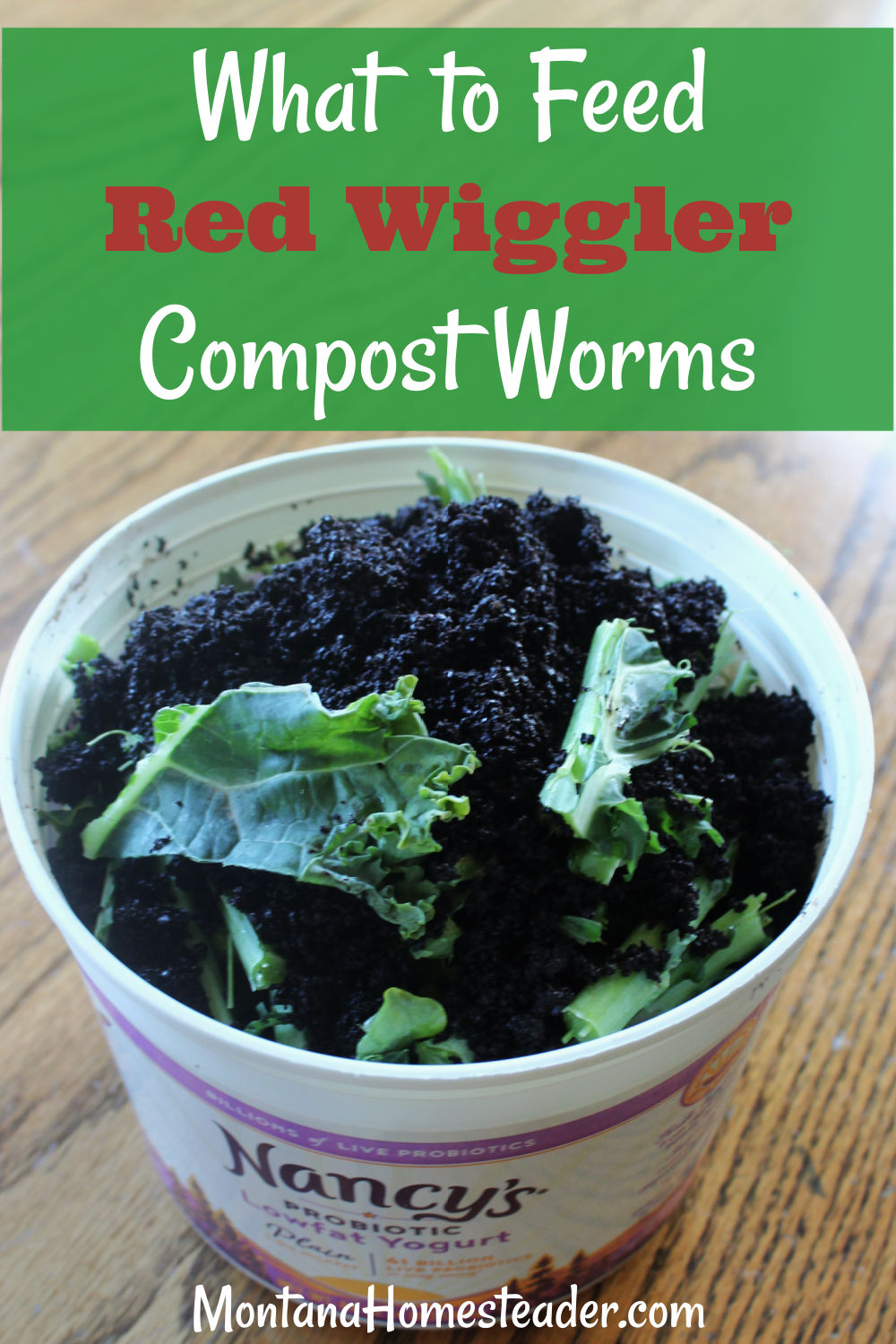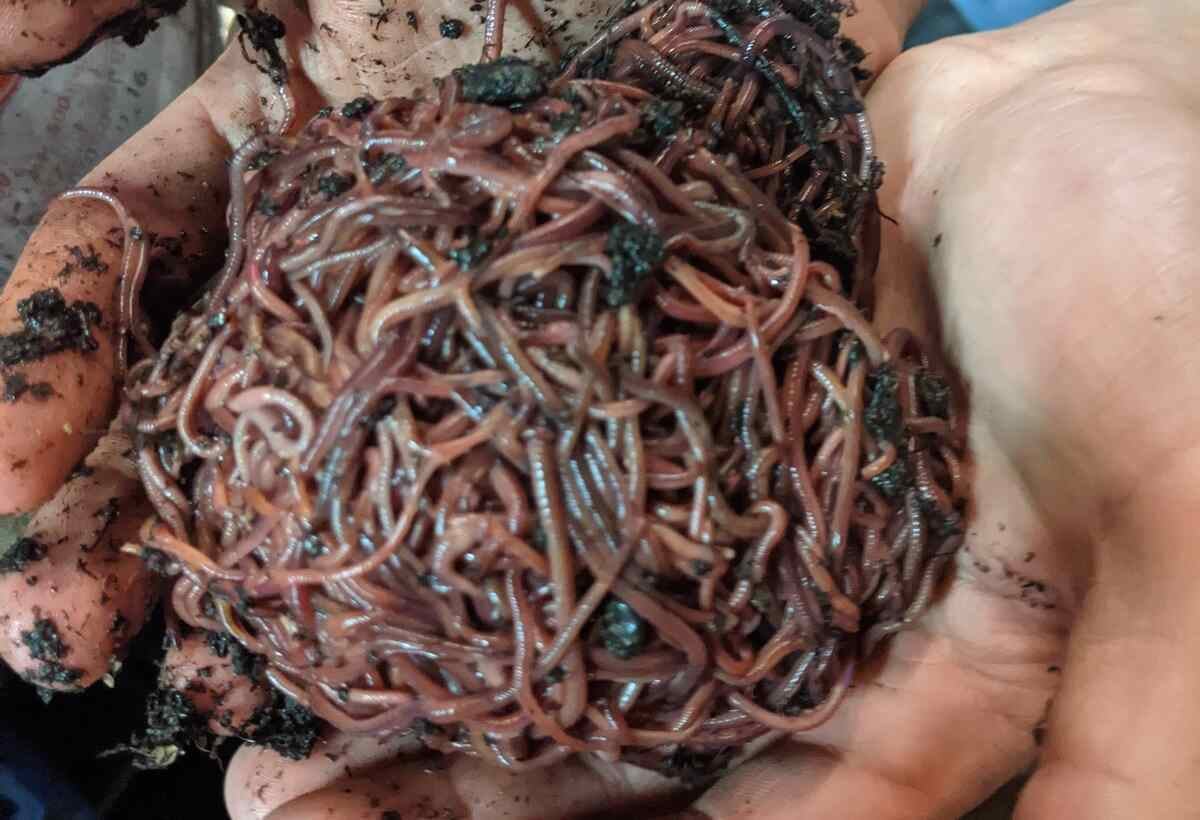Get Red Wiggler Worms - Suitable for Composting and Horticulture
Get Red Wiggler Worms - Suitable for Composting and Horticulture
Blog Article
Red Wiggler Worms Demystified: Opening the Keys of Vermiculture for Greener Living and Nutrient-Rich Soil
In the world of sustainable methods for improving soil top quality and promoting eco-conscious living, red wiggler worms play a critical yet usually ignored duty. These simple creatures possess the exceptional ability to transform organic waste right into nutrient-rich castings that offer as a potent natural plant food. By delving right into the globe of vermiculture, one can uncover a wide variety of advantages that expand much past traditional composting methods. Understanding the complexities of caring for these worms, optimizing their environment, and harnessing their castings can cause a greener way of life and much healthier dirt for plants to prosper.
The Duty of Red Wiggler Worms
Red Wiggler worms play an essential duty in composting systems by successfully damaging down raw material into nutrient-rich castings. These ravenous eaters eat a selection of natural materials, such as kitchen scraps, yard waste, and paper items. As they feed, the worms' digestive system procedures damage down the organic issue into a fine, dark, and nutrient-dense product referred to as worm castings or vermicompost.
The spreadings created by Red Wiggler worms are highly advantageous for dirt wellness and plant growth. They are abundant in crucial nutrients like potassium, nitrogen, and phosphorus, which are important for sustaining healthy plant development. Furthermore, worm castings consist of helpful microbes and enzymes that assist improve soil structure, rise water retention, and enhance nutrient uptake by plants.
Advantages of Vermicomposting

It enhances soil structure, enhances dirt aeration, and boosts soil moisture retention. Vermicompost additionally enhances the dirt with necessary nutrients like nitrogen, phosphorus, and potassium, promoting plant development and overall soil fertility.
In addition, vermicomposting supports lasting horticulture practices by supplying a chemical-free and natural option to artificial fertilizers. Red Wiggler Worms. This eco-friendly strategy not only enriches the soil however also helps in reducing dependence on hazardous chemicals, advertising a greener and much more lasting method of horticulture
Establishing a Worm Container
When establishing a worm bin for vermicomposting, appropriate arrangement is essential to make certain the success of the composting procedure. The initial action in establishing up a worm bin is picking a suitable container. This can be a plastic bin or wooden box that offers adequate room for the worms to relocate about and has appropriate water drainage openings to avoid waterlogging. Next, a bedding material such as shredded newspaper, cardboard, or coconut coir should be contributed to the container. This bed linen gives a comfy setting for the worms and assists keep dampness degrees.
After adding the bed linens, present the red wiggler worms to the container. It is suggested to begin with a handful of worms and slowly enhance as they multiply. The worms ought to then be given with food scraps such as fruit and veggie peels, coffee premises, and eggshells. It is necessary to stay clear of including meat, dairy, oily, or salted foods to web avoid attracting parasites and producing unpleasant smells.
Frequently keep track of the dampness levels and temperature level in the worm bin to guarantee optimal problems for the worms. With proper arrangement and maintenance, the worm container will successfully convert natural waste into nutrient-rich garden compost for your plants and yard.
Collecting Worm Spreadings
To successfully accumulate nutrient-rich worm spreadings from your vermicomposting system, a methodical harvesting technique is crucial. There are a couple of vital steps to follow to guarantee an effective procedure when it comes time to harvest the worm castings. Firstly, quit including fresh food scraps away of the worm container for a couple of weeks before harvesting. This urges the worms to migrate sideways with fresh bedding and food, making it much easier to dig the spreadings from the directory various other side.

Troubleshooting Common Issues
Identifying and attending to typical obstacles that might arise during the vermicomposting process is essential for keeping a efficient and healthy worm container. Including excess food scraps can lead to a buildup of moisture and level of acidity in the worm container, possibly damaging the worms. One more concern is undesirable smells originating from the worm bin.
Furthermore, if the worm population is declining or the worms appear harmful, it could be due to ecological stress factors such as extreme temperature levels or pH levels. Keeping an eye on these aspects and making essential modifications is vital for the wellness of the worms. By fixing these common concerns without delay, vermicomposters can make sure a smooth and effective vermicomposting procedure while preserving a growing worm population.

Final Thought
Finally, red wiggler worms play an important function in vermiculture by damaging down organic matter into nutrient-rich dirt. The advantages of vermiculture include greener living and improved soil high quality. Establishing a worm bin is essential for effective vermiculture, and gathering worm castings offers useful garden compost for gardening. By recognizing and repairing usual concerns, people can open visite site the keys of vermiculture for lasting living and healthier soil.
As they feed, the worms' digestive procedures damage down the organic matter into a fine, dark, and nutrient-dense product recognized as worm spreadings or vermicompost.
The castings created by Red Wiggler worms are extremely helpful for soil health and wellness and plant growth. Adding excess food scraps can lead to a build-up of moisture and level of acidity in the worm container, potentially hurting the worms.Additionally, if the worm populace is decreasing or the worms appear undesirable, it might be due to environmental stress factors such as severe temperature levels or pH levels. Establishing up a worm container is vital for successful vermiculture, and collecting worm spreadings gives beneficial compost for gardening.
Report this page